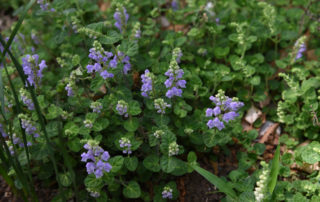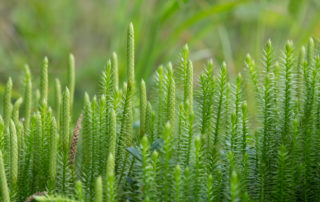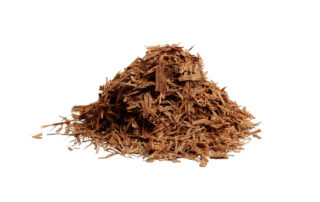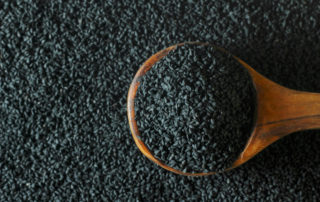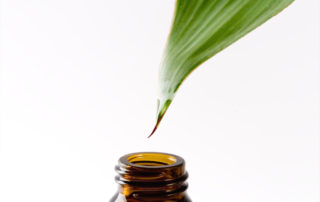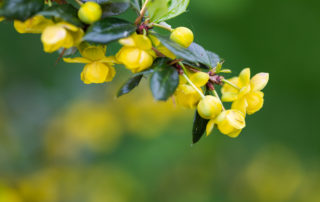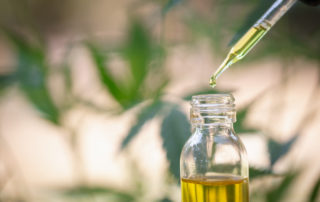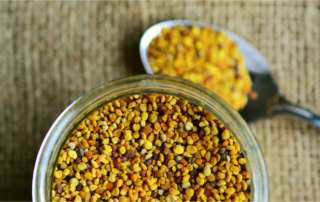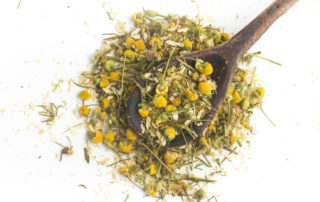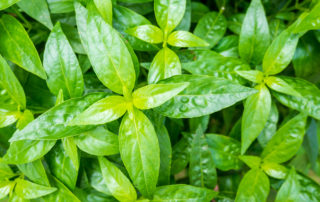Lowering Glutamate | Chinese Skullcap (Scutellaria Baicalensis)
Chinese Skullcap (Scutellaria Baicalensis)– neuroprotective against glutamate damage/metabolizes glutamate. “Thus, S.B. extract exhibited neuroprotection against excitotoxic cell death, and this neuroprotection was mediated through the inhibition of NMDA receptor function by interacting with the glycine binding site of the NMDA receptor.” https://www.hindawi.com/journals/tswj/2014/459549/ “Baicalein, a Constituent of Scutellaria baicalensis, Reduces Glutamate Release and Protects Neuronal Cell Against Kainic Acid-Induced Excitotoxicity in Rats” “This study is the first to demonstrate that the natural compound baicalein inhibits glutamate release from hippocampal nerve terminals, and executes a protective action against kainic acid-induced excitotoxicity in vivo. The findings enhance the understanding of [...]

